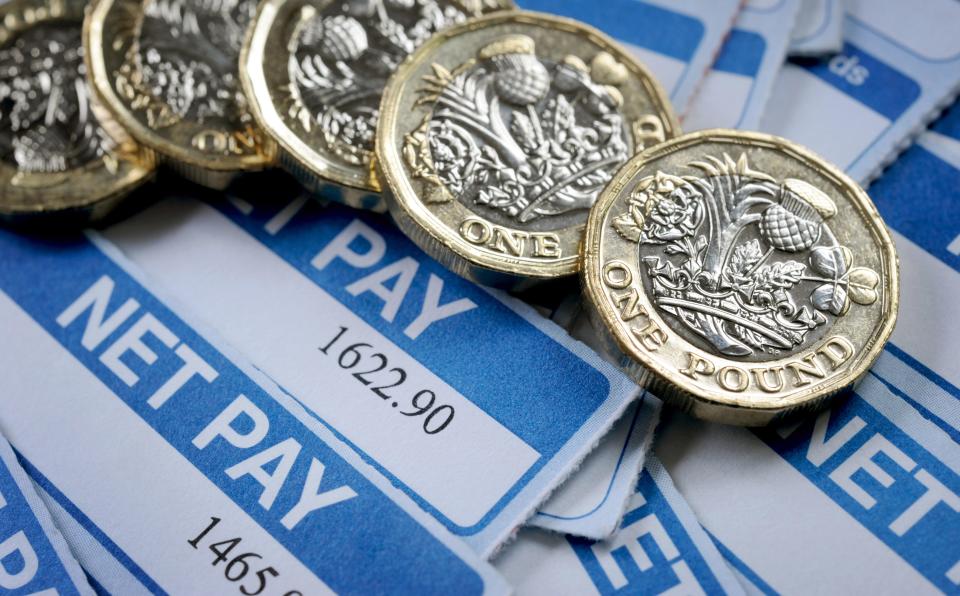THE UK’S rate of inflation has remained unchanged in August.
The Office for National Statistics (ONS) said the Consumer Price Index (CPI) measured 3.8% in the 12 months to August.
This is compared to the exact same reading of 3.8% in the 12 months to July, which was the highest level since December 2023.
Inflation is a measure of the value of goods and services over a given period.
Inflation hit 3.6% in June, and measured 3.4% in May, down from 3.5% the month before.
Rising inflation means prices are going up faster than they were the month before, pushing up grocery and household bills.
The Bank of England is predicting that inflation will rise further this year and should peak at 4% in September, before easing over the next two years.
Today’s reading comes ahead of the Bank of England (BoE) monetary policy meeting this Thursday.
Just yesterday, figures from the ONS showed unemployment rates remained stalled at a four-year high and wage growth dropped to the lowest level since 2022.
Plus, last week, the ONS revealed that Gross Domestic Product (GDP) came to a halt showing no signs of growth in July.
Investors will also be looking at the data, worried the Labour Government may struggle to balance the books after a tumultuous time for gilts in the past few weeks.
All these factors will be looked at closely by the Bank of England (BoE) ahead of its monetary policy meeting tomorrow.
Why does inflation matter?
INFLATION is a measure of the cost of living. It looks at how much the price of goods, such as food or televisions, and services, such as haircuts or train tickets, has changed over time.
Usually people measure inflation by comparing the cost of things today with how much they cost a year ago. The average increase in prices is known as the inflation rate.
The government sets an inflation target of 2%.
If inflation is too high or it moves around a lot, the Bank of England says it is hard for businesses to set the right prices and for people to plan their spending.
High inflation rates also means people are having to spend more, while savings are likely to be eroded as the cost of goods is more than the interest we’re earning.
Low inflation, on the other hand, means lower prices and a greater likelihood of interest rates on savings beating the inflation rate.
But if inflation is too low some people may put off spending because they expect prices to fall. And if everybody reduced their spending then companies could fail and people might lose their jobs.
See our UK inflation guide and our Is low inflation good? guide for more information.












